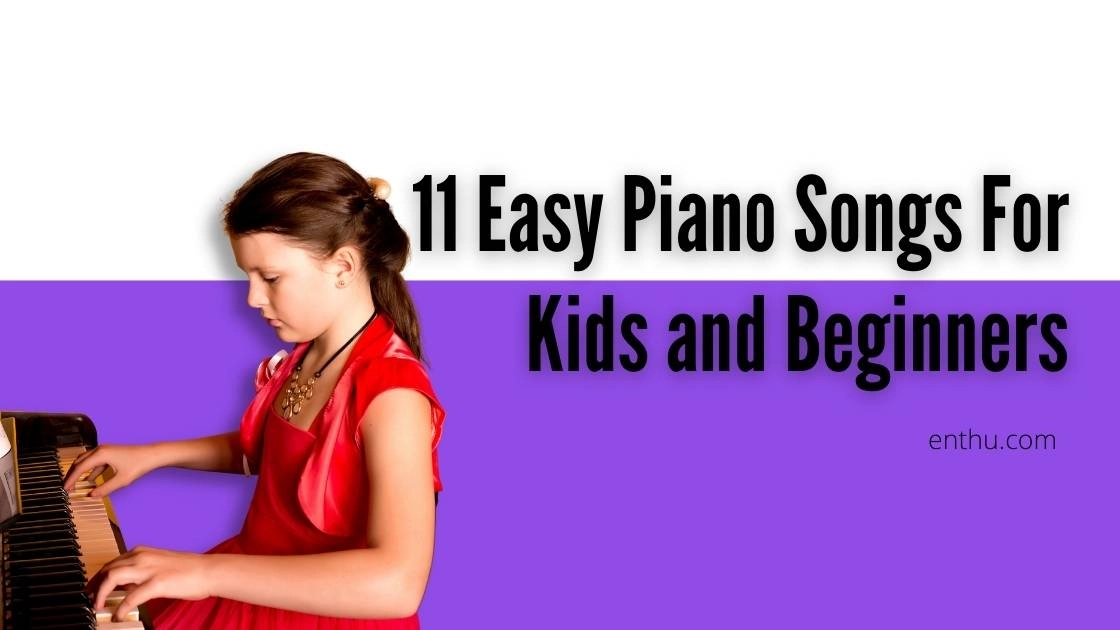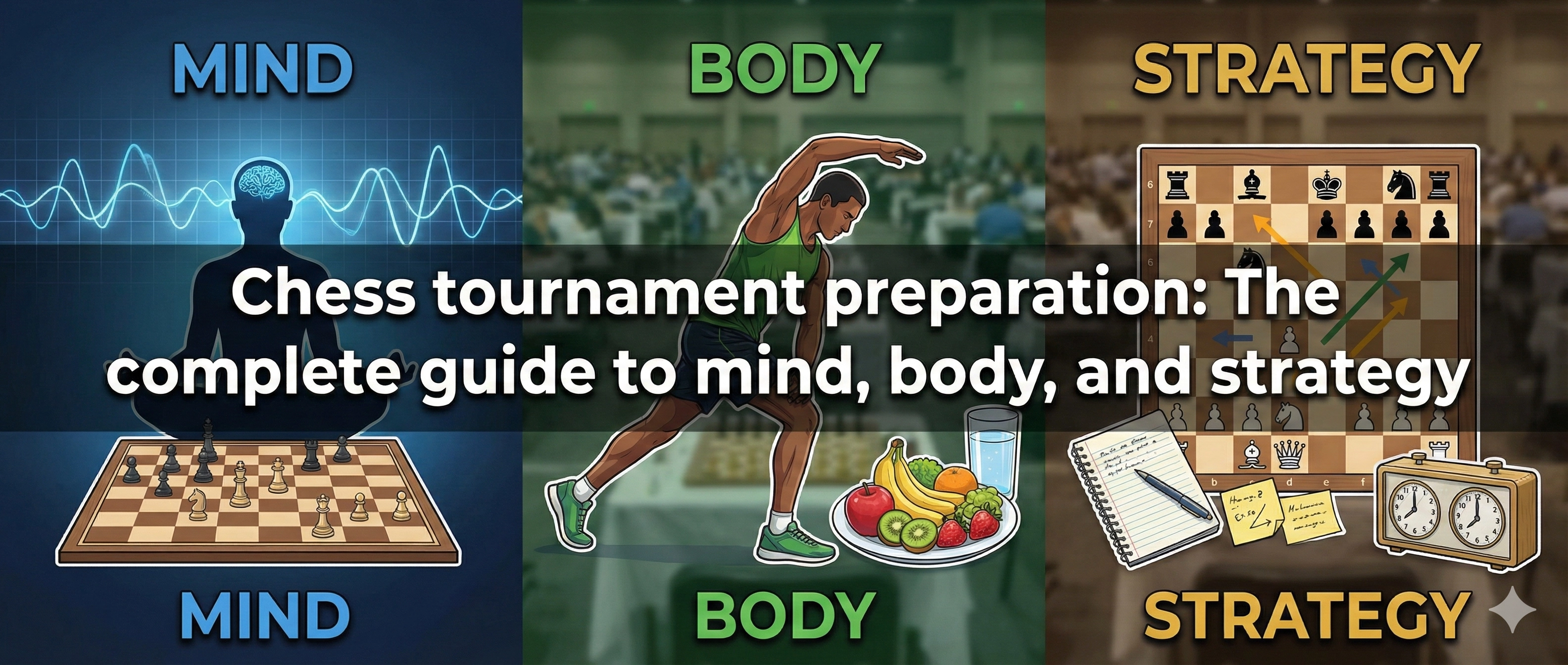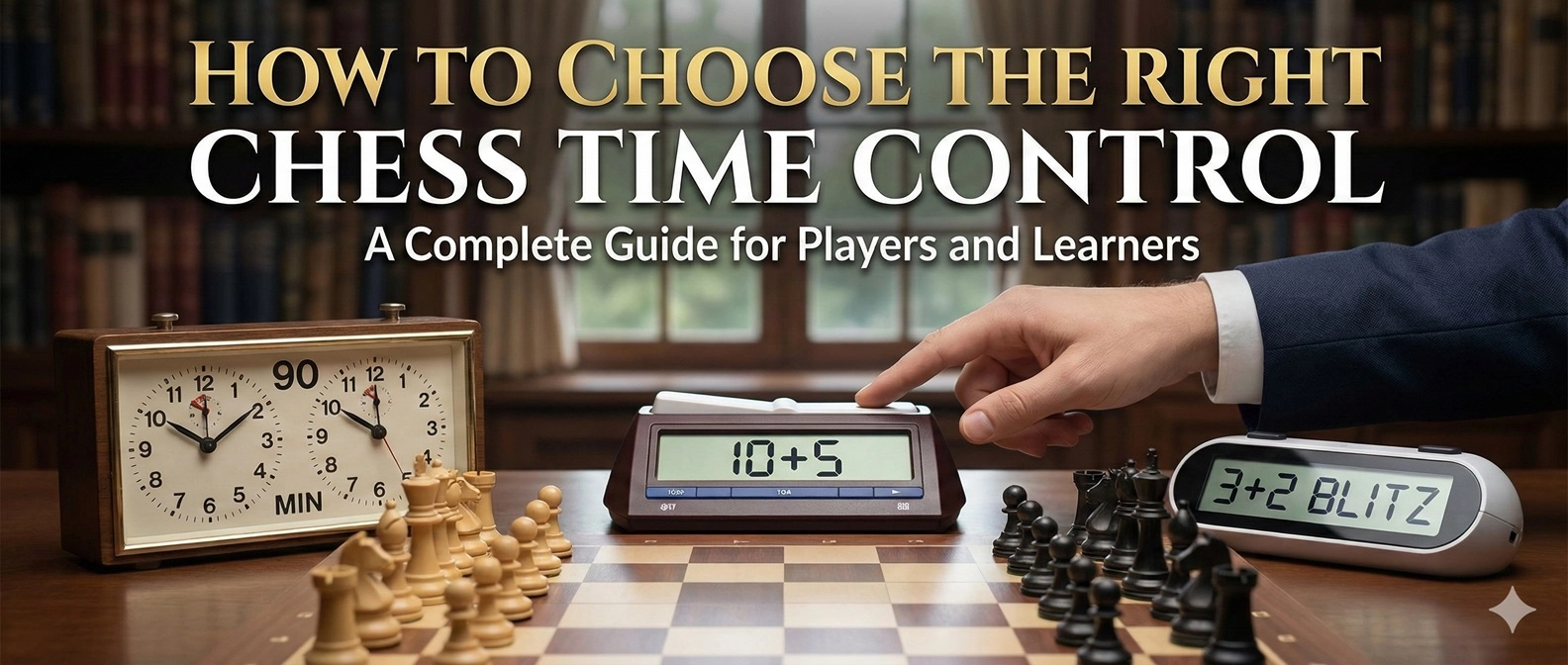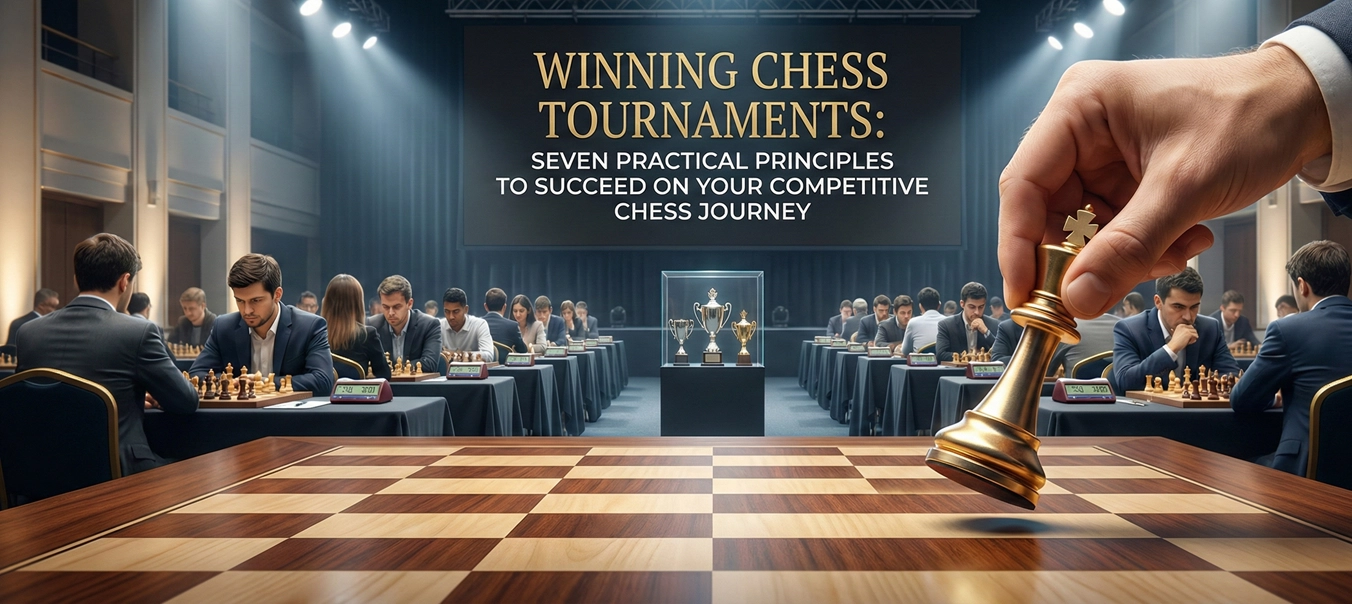Two things crucial to learning piano are a top-notch piano tutor and a wonderful piano book.
Having had these, there will be nothing to limit your child from being a successful pianist!
I've put up a list of top piano books for kids and beginners to help you pick which book to refer to.
This list is a compilation of my own personal experience with these books. They helped me learn piano, and they will help you too!
- Different Types of Piano Books
- In Your Search for the Perfect Piano
- How to Select the Right Book for Kids and Beginners?
- 9 Best Piano
- Conclusion
- FAQs
Different Types of Piano Books
Doing Piano Warmup Exercises Is As Important As Buying The Correct Book

In Your Search for the Perfect Piano
book for your child, you will come across several types of books, such as lesson books, supplementary books, or simple songbooks.
Knowing the type of book that suits your proficiency is important because books are your buddies throughout your piano journey.
Lets look at the type piano books that are out there.
1. Lesson
Books Lesson books are music books entirely designed for learning a musical instrument. Usually, they blend piano pieces in a logical progression from simplest to most challenging.
They also have instructional assignments and music theory topics like music ties. Lesson materials are designed to read chronologically.

This helps to save children from panicking and feeling anxious.
2. Supplementary
If you’ve ever purchased music books, you’ve probably noticed the wide variety available beyond just the standard instruction books.
For almost every lesson book, most publishers also release a set of companion books such as:
Performance Books – to help students practice pieces and apply what they’ve learned.
Technique Books – to strengthen finger agility, hand coordination, and overall playing skills.
Theory Books – to build a deeper understanding of musical concepts and reading sheet music.
Together, these books form a well-rounded approach, ensuring that learners not only play the piano but also understand the music they are creating.
How to Select the Right Book for Kids and Beginners?
Piano books for children should be exciting and have a decent variety of easy songs they will like. Don't get a book with outdated tracks that people neither know nor like.

1. Choose Piano Books with Pictures
The trick is to find interactive piano books. The best piano books for kids must have entertaining and captivating pictures to keep young readers interested.
Yes, I understand that it shouldn't require visuals, but the objective here is to engage your child in piano learning at a young age and make sure they like it. Find a book that your child will find engaging.
You can do this by looking at books from a child's perspective.
2. Choose Books with Fun Activities
Interesting books have fun activities for the kids to do. Therefore, they can actively participate in the learning process, while having fun at the same time.
Look for a book that has fun exercises with colors and sketch pens! So, your kid can learn all the essential exercises while doing what they love to do!

9 Best Piano
Books for Kids and Complete Beginners There are so many books out there, that you feel lost making a decision.
I have shortlisted top 9 piano books that are must for any piano lover especially kids and beginners.
1. Nancy Faber's Piano Adventures

Piano Adventures, a well-known series of primer piano books, is ideal for young beginners. Your kid can understand the keyboard's notes and some important musical concepts.

This book has
several instructor duets to perform in classes, and the student part is simple to follow
appropriate hand position and proper posture for playing the piano
it teaches the finger numbers that your kid will need as their piano lessons progress.
2. Jay Wamsted's Beginner Piano
Lessons for Kids Try Beginner Piano Lessons for Kids if your kid cannot attend piano lessons. Access to online video and audio courses is included with this Alfred edition book.
This will allow your kid to continue learning as though they had a teacher. It starts with just the right hand and is ideal for children and complete beginners.
Your child can add their left hand once they become comfortable with it.
This book has
access to online video and audio courses
mixes conventional notation with finger notation to encourage kids to learn to read music.
3. Ben Parker's My First Keyboard

My First Keyboard is a great piano book for children. The book was written by Ben Parker with complete amateurs in mind.
It introduces the essential notes, helps to learn enjoyable compositions, and shows you how to read music.
However, the textbook contains British terminology, which American students may find strange.
To use both systems, you should get a book using American terminology.
This book has
introduction to essential notes
piano library
some key ideas in music theory, such as time singnatures
4. John Thompson's Teaching Little Fingers to Play

Simple melodies are used in Teaching Little Fingers to Play to teach your kid how to play the piano.
Young pianists with little hands can play the tunes with ease. It has a letter to parents encouraging them to support their children's success.
For kids to understand music theory, the first few tasks begin with the treble clef.
While that's good, some newer players might find it confusing. It's also less colorful than some textbooks, making it seem not exciting to young readers.
This book has
simple melodies for young pianists
a matching duet book is available for adults who play the piano.
5. John Jester's Easy
Keyboard and Piano Piece You will come across a lot of technique books for kids and beginners.
But if your kid wishes to advance their learning and play other music, think about Easy Keyboard and Piano Pieces. Piano instruction or music theory is not the main topic of this book. Instead, it has tunes like Old McDonald Had A Farm and Twinkle, Twinkle Little Star. This makes it a fantastic companion book for kids.
This book has
notes printed in big and easy-to-read format
blank music sheets to enjoy writing your own music.
6. Damon Ferrante's Piano
Book for Kids 5 and Up Piano Book for Kids 5 & Up is another fantastic piano book for children.
It has Happy Birthday and Yankee Doodle tunes so your kid can enjoy playing the piano. Your kid can learn how to identify piano keys from the book.
This book has
access to video lessons that your kid can follow
explanations to primer level ideas like playing posture and music theory.
7. William A. Palmer's Lesson Book: Level 1A

Lesson Book: Level 1A will be an excellent start for your kid's piano learning journey. You can get matching books on songwriting and ear training for even more guidance.
This book has
a picture of the piano's setup and functionality
principles of music theory
8. Pop Song for Kids

Pop Songs for Kids could appeal to your child if they have some piano expertise. Songs like Let It Go and Shake It Off, are included in this book.
The songs may not have all the components found in the complete version of piano books because they were designed for simple piano learning. This book has:
notations described in giant prints
lyrics for sing-along exercises
9. Easy Keyboard Pieces
For Kids Easy Keyboard Pieces for Kids is an excellent collection of small songs to attempt playing.
It includes timeless songs like The Muffin Man and Jingle Bells.
This book has
notes printed on the note heads
lyrics if your kid wants to sing-along


Conclusion
That concludes our collection of piano books suitable for children and beginners. We hope that helps you reduce your options a little. All of these listed books are reasonably priced.
Therefore, I advise you to try a few different technique books. It will help your kid or young student pick the right one. In this mann
r, kids will be able to master the piano and take pleasure in it. However, piano books can only teach your kids the basics.
To advance their learning, they need piano lessons under an expert piano teacher. If you found this article helpful, let me know in the comments.
FAQs
1) What is the best piano teaching method for kids?
Suzuki Method is the best piano teaching method. According to Suzuki, kids can learn to play an instrument the same way they learn to speak a language.
The child's surroundings are the primary emphasis of the Suzuki Method, which is still one of the most widely used teaching philosophies today.
2) Can a five-year-old start piano lessons?
The first thing to understand about the age to start learning piano is that every child is unique. While some kids can begin as young as four, others must wait until they are seven or eight. Some people have started playing the piano far into their adolescent years and have had remarkable success.

3) At what age should kids start piano lessons?
Between 6 and 9 is considered the ideal time to begin piano lessons. Kids as young as 6 can learn to play since the piano's keys are simple. However, older students may find it simpler to understand.
4) How long does it take a kid to learn piano?
It can take between 6 to 9 years to learn piano completely. After three years of training, a young learner will generally be a competent elementary player and able to play basic music with both hands if they had begun playing in the primary grades. It is best to know the right age when your kid should start playing piano.







Comments